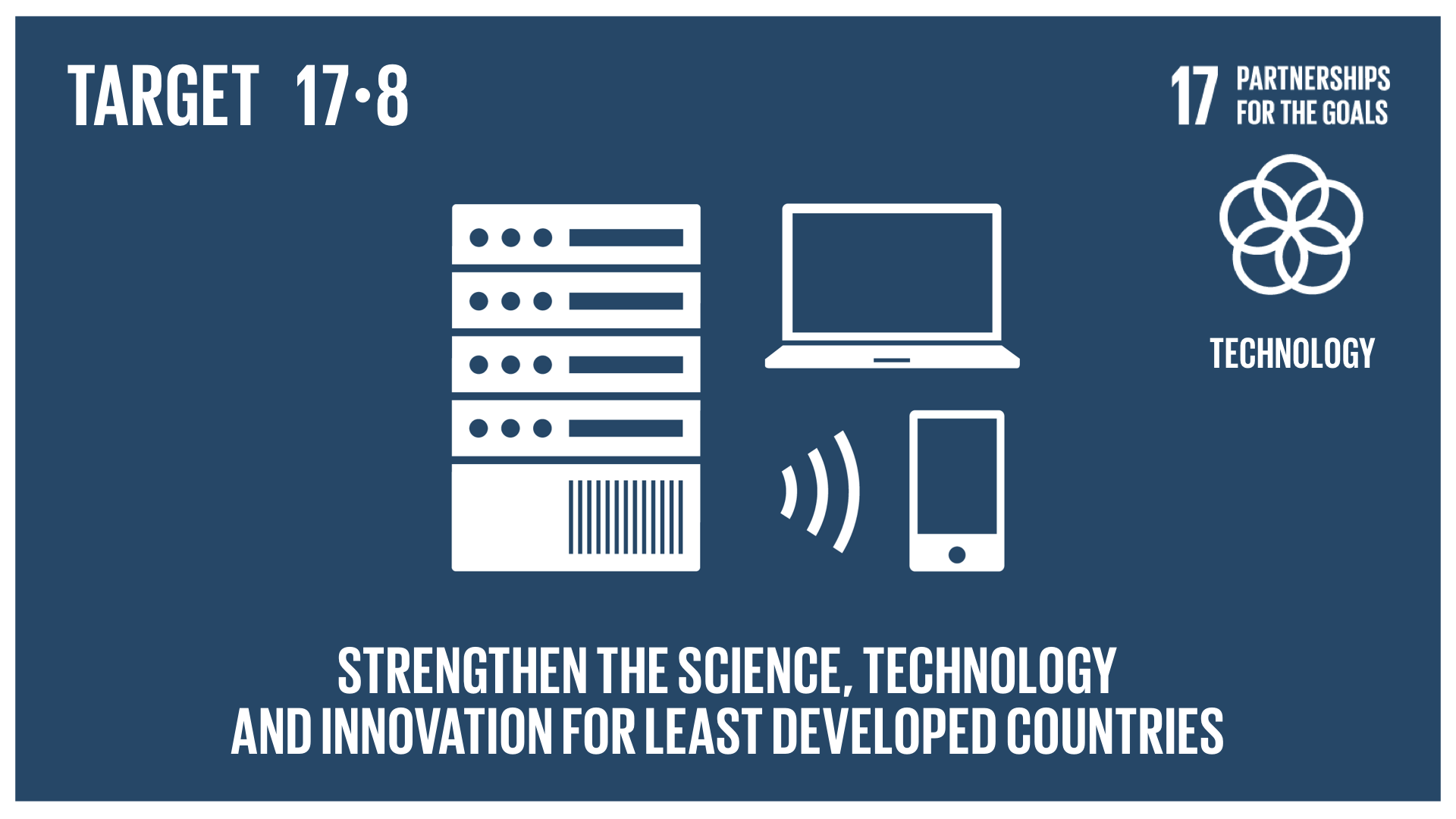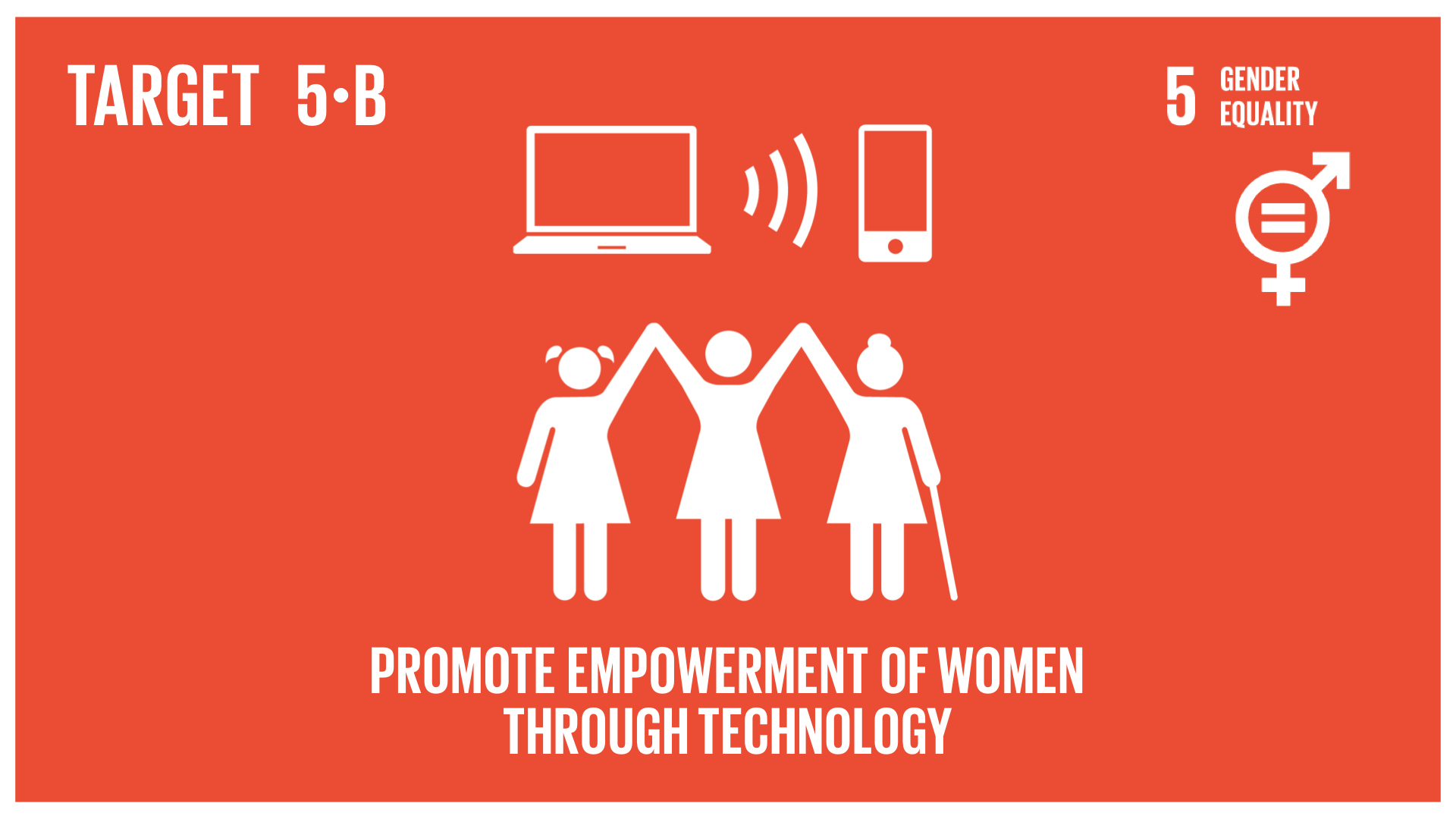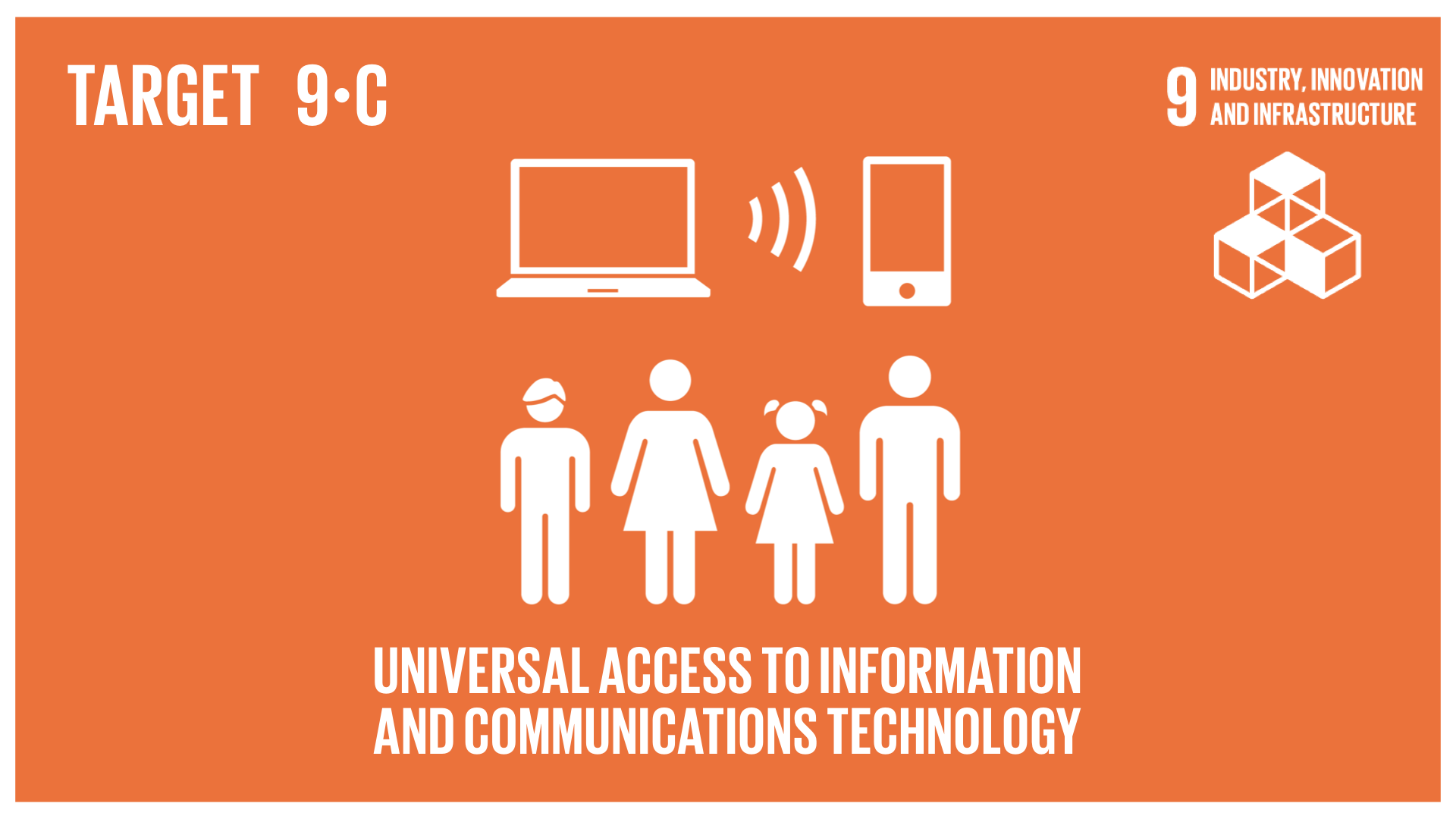Information and Communications Technology
In a highly globalized and digitalized world, access to the Internet and other information and communications technologies helps enable the realisation of rights.
Universal access to information and communication technology has also been included in SDG targets 5.b, 9.c.,17.8 as a key enabler of sustainable development. For human rights defenders, it can facilitate access to and communication with international human rights bodies, as well as virtual participation in their proceedings. It can also improve access to information, documents, and government proceedings related to human rights, allowing for effective oversight. Not least, it can be a vehicle to disseminate information about human rights and can enable the right for people to organize themselves nationally and internationally in promotion of human rights. However, these new opportunities for defenders, as the increasing use of technologies during the Covid-19 pandemic has revealed, also include important human rights risks that need to be addressed in tandem. Some states are increasingly drawing on the new technologies for the illegal surveillance of human rights defenders and to limit any form of online or off-line expression or action.
Online defamation and disinformation has increasingly become a means to widely and rapidly discredit human rights defenders, often through anonymous profiles. For women human rights defenders, online slander campaigns and threats can also take on a sexualised nature, including threats of sexual violence. These are efforts to intimidate their participation in public spaces and they significantly increase their risk of physical and psychological violence.



